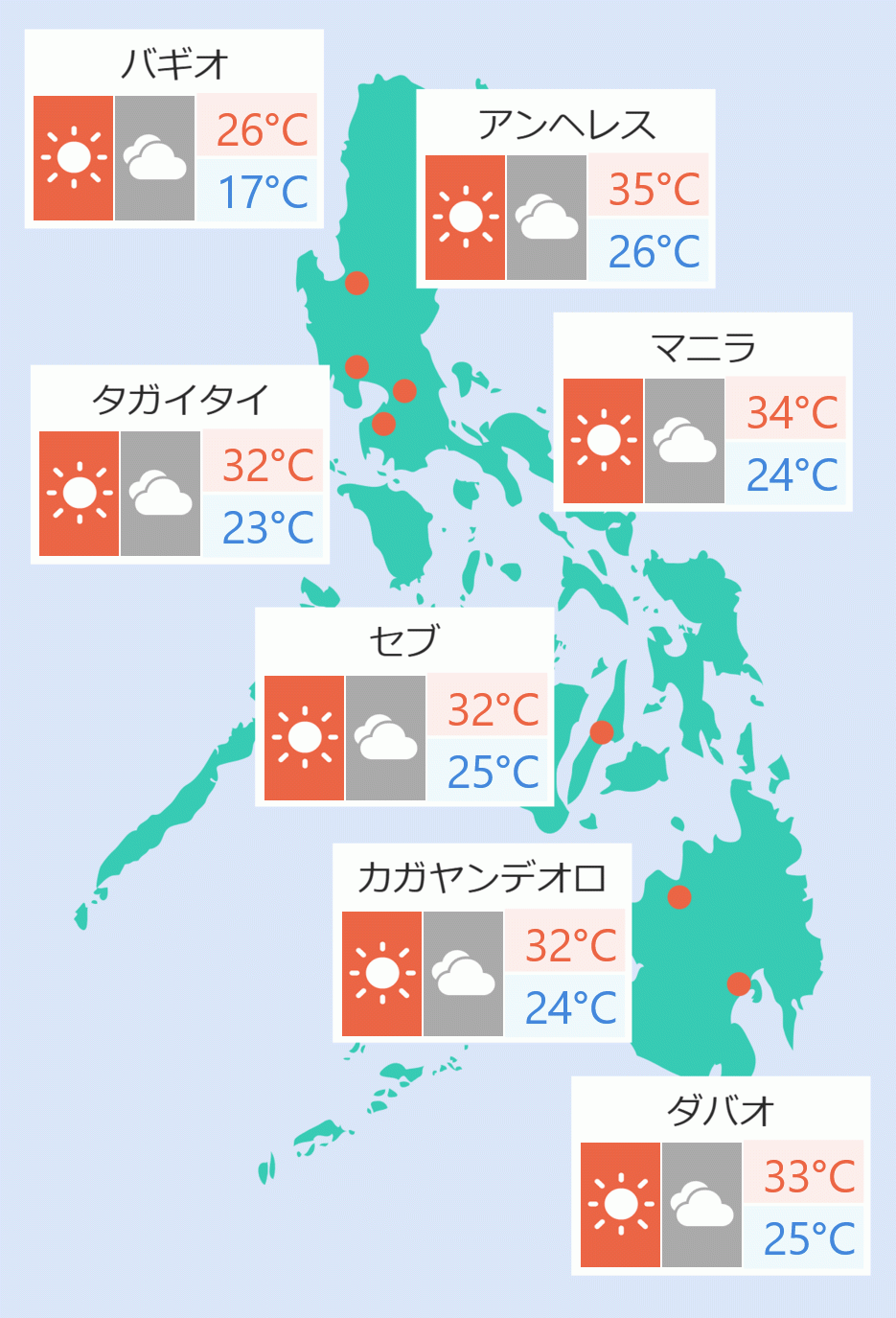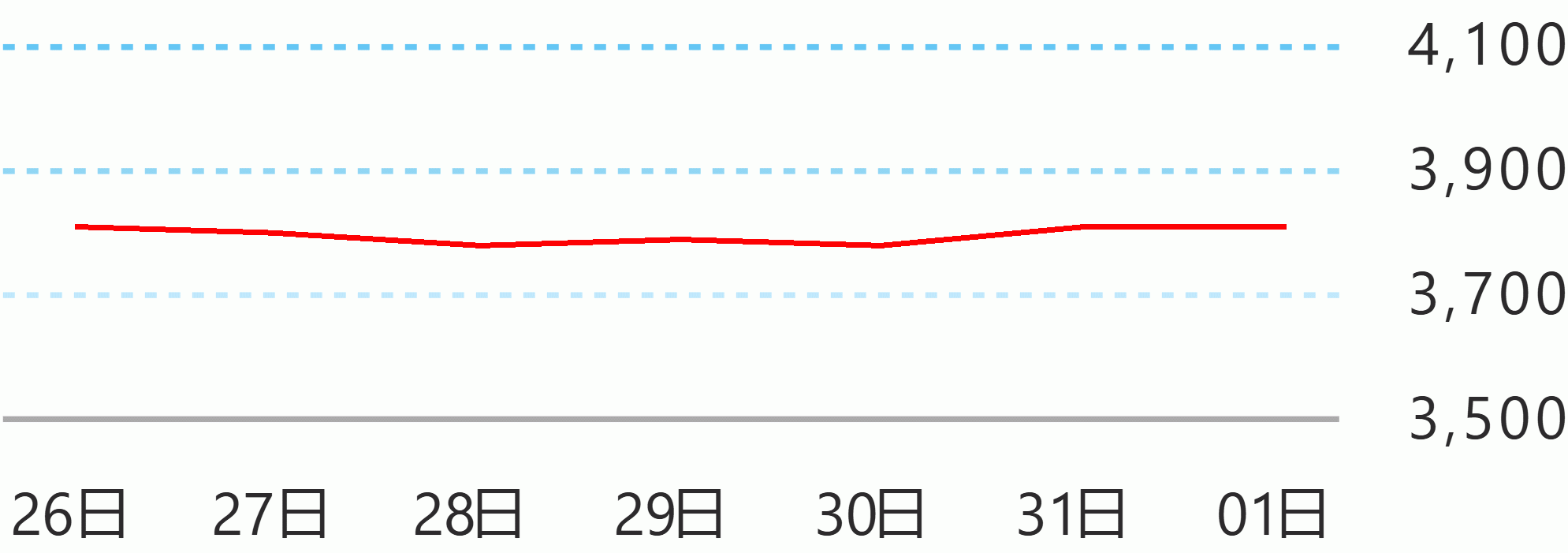Education Secretary Leonor Briones on Monday clarified the figure of 70,000 elementary students reported as being non-readers in both English and Filipino was raw data and is still for validation.
In a statement, Briones said the data came from a local pre-test result of the Philippine Informal Reading Inventory (Phil-IRI), which was conducted to determine interventions needed by learners.
“It’s not a no-read, no-write case. Phil-IRI is an assessment tool of DepEd to determine whether the reading proficiency of a student is appropriate to their grade, it does not mean they do not know how to read,” she said.
“Let’s be careful in interpreting numbers and words. Let’s be precise in our words and put the right context when reporting data. In this situation, there are levels of reading literacy and we cannot conclude that these learners (in Bicol) do not know how to read,” she added.
The Phil-IRI is conducted at the beginning of school year to identify students in Grades 4-6 in English and Grades 3-6 in Filipino that need additional intervention in reading.
In an earlier press briefing at Malacanang, Briones said saying that 70,000 students in Bicol region cannot read could be an insult to the Bicolanos.
“I think it’s an insult to the Bicolanos. One of their schools, the Partido State University has a high rating,” she said.
She added the 70,000 non-readers are a bit “exaggerated”.
“It’s a bit exaggerated because they mixed the numbers of those who have a hard time reading Tagalog and those who have a hard time reading English (language)… let’s be careful in interpreting numbers… not knowing how to read is different from being illiterate,” Briones said.
Briones said she called the regional education director of Bicol and she was informed that less than five percent were non-readers.
DepEd said Phil-IRI post-test will still be administered at the end of school year to complete the analysis of data. He cited significant improvements of learners’ reading proficiency were often observed at the latter part of the school year.
On November last year, they launched Bawat Bata Bumabasa (3Bs) initiative as part of the larger campaign Sulong Edukalidad which aims to raise the quality of basic education in the country.
The 3Bs encouraged offices from central to division level and schools to intensify their advocacies for reading to make every learner a reader at their grade level and capacitate teachers to become effective reading instructors. Ella Dionisio/DMS





 English
English










